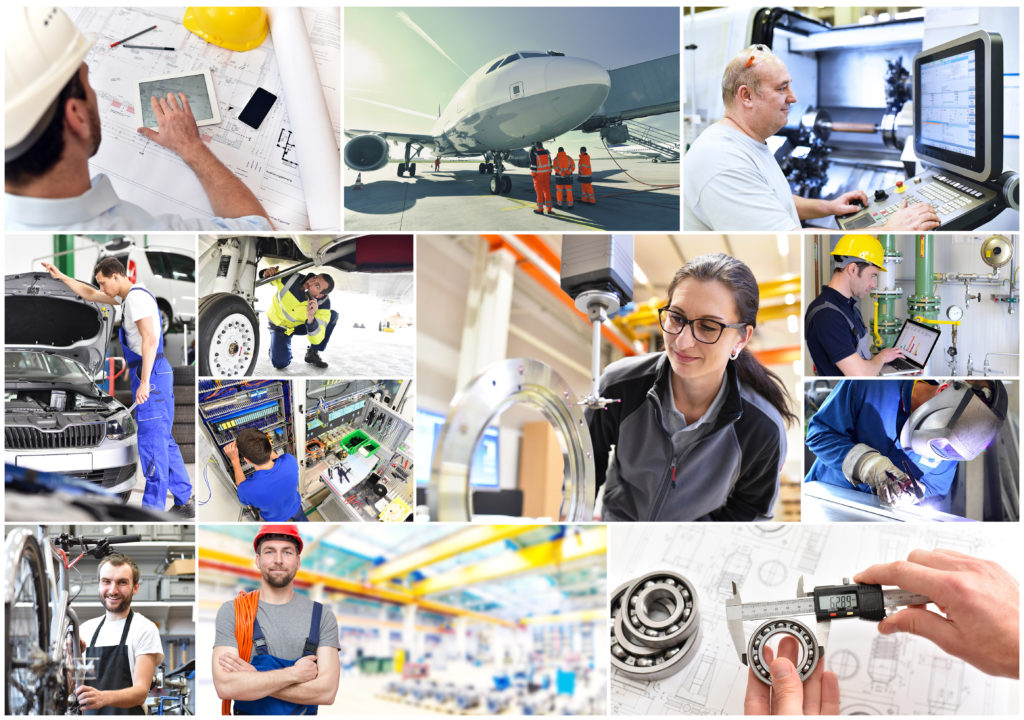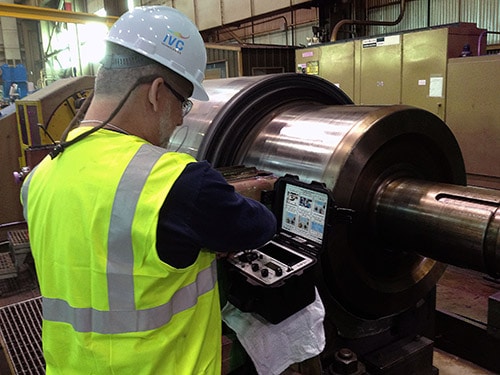
There will always be a need for skilled trades.
If you are looking for a lucrative career path that promises a great standard of living, lots of opportunities for growth and advancement, and a high level of job satisfaction, then the skilled trades might just be the answer.
As we mentioned in last month’s blog, (Debunking the Biggest Myths About the Skilled Trades), no matter what the state of our economy, there will always be a need for skilled trades. Individuals and companies alike are always going to need mechanics, electricians, carpenters, industrial maintenance technicians, plumbers, HVAC pros, and machine condition analysts, among many other trade jobs, especially as many Americans are likely to be focused on keeping their homes and businesses in good shape during these tough times.
The baby boomer generation (born between 1944 and 1964 – currently between 56 and 76 years old) continues to retire seemingly en masse, leaving behind an ever-growing number of job openings and not near enough qualified workers to fill them. Additionally, as manufacturing becomes more digitized, the skillset companies are looking for in job candidates is changing significantly.
So, if you’re just entering the workforce or looking to make a mid-career change, there’s never been a better time to consider skilled trades. Here are a few tips for how to get started:
- Have a high school diploma
First, you need to graduate from high school or have earned your GED. Few job opportunities exist outside of retail and foodservice for those without a high school diploma. - Find your niche
When someone mentions skilled trades, tough manual labor often comes to mind. The reality is that many of the skilled trade jobs today are often more mentally than physically demanding. Problem-solving skills, stamina, and dexterity are often more useful than pure brute strength. There are hundreds of different trades out there. The best way to choose which one is right for you is to narrow down your interests. Do you enjoy fixing/working on cars, motorcycles, etc? You might enjoy a career as an auto mechanic. Do you like building things? Construction might be for you. Or maybe you are just mechanically inclined in general…a machine technician/analyst might be a good career option. Once you have it narrowed down to a few, dive a little deeper into that particular trade to find out more about long term job opportunities, advancement potential, pay, work/life balance, etc. - Acquire the necessary training and certification
The great thing about skilled trades is while some classroom training is often required, many allow you to also learn while you earn. This could be through an official apprenticeship or working as a regular employee in the field, paired with someone who has experience in the industry. The good news is that the costs for training are far less than a college education and only take six months to two years.
A great skilled trade to consider that’s not all that familiar to the masses? Vibration analyst.
 Of course, we’re a bit biased when it comes to touting the many benefits of choosing a career as a vibration analyst in the field of condition based maintenance. The current COVID-19 pandemic has pulled the curtain back (so to speak) and revealed the criticality of reliable manufacturing processes, especially during times of crisis. These are exactly the situations (unfortunate as they are) that demonstrate the value of what CBM/vibration analysts do and the field is ripe with opportunity.
Of course, we’re a bit biased when it comes to touting the many benefits of choosing a career as a vibration analyst in the field of condition based maintenance. The current COVID-19 pandemic has pulled the curtain back (so to speak) and revealed the criticality of reliable manufacturing processes, especially during times of crisis. These are exactly the situations (unfortunate as they are) that demonstrate the value of what CBM/vibration analysts do and the field is ripe with opportunity.
For more than 30 years, IVC Technologies has been home to some of the top vibration analysts in the industry. Vibration is our core competency, and we understand the qualities that make an outstanding vibration analyst.
We believe so much in the importance of high-quality training that we built an onsite facility at our headquarters in Lebanon, Ohio. We are an ISO 9001:2015 service company and corporate partner of ASNT. We are constantly updating our training to meet industry guidelines and recommendations. Our training center includes the ability to train and test on real-life, dynamic equipment in our mill test lab to give attendees valuable hands-on experience on equipment they’ll likely encounter while in the field.
Whatever path you choose to pursue, skilled trades are rewarding and here to stay…after all, our country was built by the hands of skilled trades!
If you are interested in finding out more about becoming a CBM/vibration analyst, we’d love to talk with you! Contact us to find out more.
